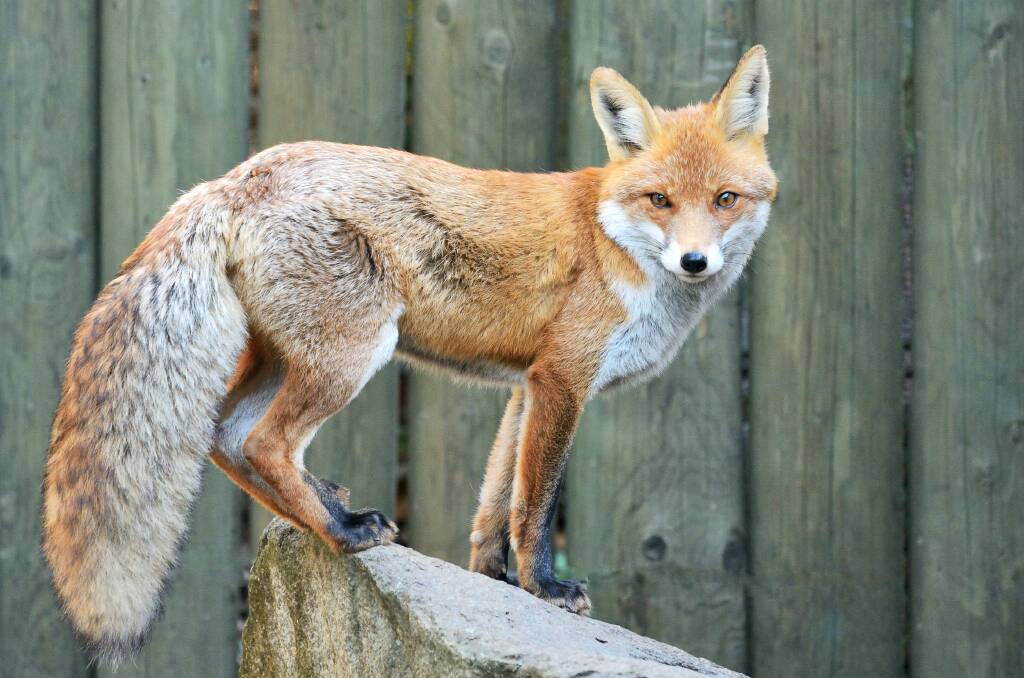
Update, 10.30am
Subscribe now for unlimited access.
or signup to continue reading
State member for Ripon, Louise Staley MP, has described the government's announcement on the restrictions on ammunition and firearms sales as "rushed".
"Whilst there is an agriculture exemption, it does not go far enough," Ms Staley said.
"It must apply to all workers on farms, including contractors who come to undertake pest reduction. Foxes, for example, are a massive problem around lambing."
Victorian shadow minister for agriculture and leader of The Nationals Peter Walsh said the ban had "blindsided farmers and the hunting community."
"Recreational hunters play a pivotal role in assisting farmers to control destructive pest animals on farmland," He said.
"The Andrews Government has no idea of the impact its decision will have in regional Victoria because it hasn't bothered to actually speak to the country people who will be directly affected."
Mr Walsh added that the sales ban would also cause job losses when retail outlets are forced to close their doors due to a lack of sales.
"If these stores close it will further undermine critical measures to control destructive pest animals," he said.
In a statement, a spokesperson from the Department of Jobs, Precincts and Regions asked farmers and hunters to consider the necessity of shooting feral animals.
"Hunting and pest control on your own private property remain permissible. But as with all of these scenarios - we're asking Victorians to consider 'is this necessary?"
Earlier, Friday
WIMMERA hunters and sheep farmers are concerned a ban on firearm and ammunition sales to recreational shooters could lead to a spike in fox numbers.
State police minister Lisa Neville announced the temporary ban on sales last week after concerns about a spike in gun sales amid the COVID-19 epidemic. Exceptions were granted to those with occupational needs such as farmers and rural landholders.
Horsham's J & A Shooting Supplies owner Bill Jorgensen said his business was down at least 50 percent since Tuesday.
He said most of the feral pests killed in the area were shot by recreational shooters - not farmers.
"Only half of people buying guns and ammunition are primary producers," Mr Jorgensen said.
"The people shooting the large fox numbers are not primary producers, they are recreational hunters."
They're out on their own - they've got more chance of catching it walking around the block as I see it.
- Horsham shooter Craig Leamon
The state's fox and wild dog bounty, which pays shooters $10 a fox and $120 a wild dog, is on hold; however Agriculture Victoria is still encouraging primary producers to shoot pests and save scalps.
Meanwhile, Victoria's chief health officer has banned all recreational camping, fishing, hunting or boating.
For long-time Horsham shooter Craig Leamon, the ban on recreational hunting risks fox numbers getting out of control and decimating lamb and sheep producers' stock.
Mr Leamon said while he understood the sensitivities of the COVID-19 situation, every hunter he knew went out alone.
"I can't see this having any effect on the virus," he said.
"They're out on their own - they've got more chance of catching it walking around the block as I see it."
Before the ban, Mr Leamon shot feral pests several times a week, bagging an average of 10 foxes a week.
Now, as a non-farmer, he would be risking an on-the-spot fine to carry out what he describes as a "service to farmers".
"Lambs are getting fairly expensive, they're worth a bit of money," he said.
"Farmers enjoy having us out. A lot of older farmers aren't interested in going out chasing them themselves or are unable to.
Read more
- Coronavirus causing anxiety in Vic prisons
- Horsham's 'pay it forward' plan provides coffee to health workers during coronavirus outbreak
- Horsham Arts Council members look to online performances
- The day without football and netball was a gloomy one
- Ben Campbell and Jordy Briggs deal with golfing ban during coronavirus pandemic
Horsham's Mark Sudholz is another keen recreational shooter affected by the new ban.
Mr Sudholz said the new law should include exceptions to people controlling fox numbers for farmers.
"Most of the shooting is being done by people like myself. Most farmers I talk to don't shoot, but they like people to go out to shoot to keep the fox numbers down," he said.
"A farmer I shoot for, for the 20-odd years he's been out there they'd lose an average of 80 lambs a year to foxes. Last year they only lost eight.
"That's a difference of about $16,000 worth of lambs."
Telangatuk East merino and crossbred farmer Peter Rogers said in a normal year, he'd lose five to seven percent of his 5000 lambs to foxes.
"It is a problem. We start lambing in May and we always have fox problems," he said. .
"Farmers do a certain amount of shooting, but we need shooters as well, people who are keen to come out on weekends.
"It is a concern, because we need shooters to help control things. This is the time we need it to happen."

